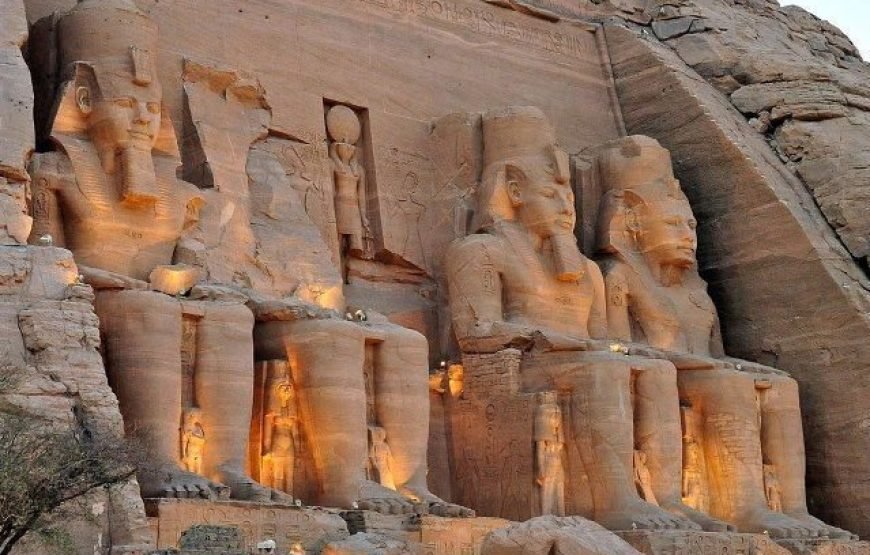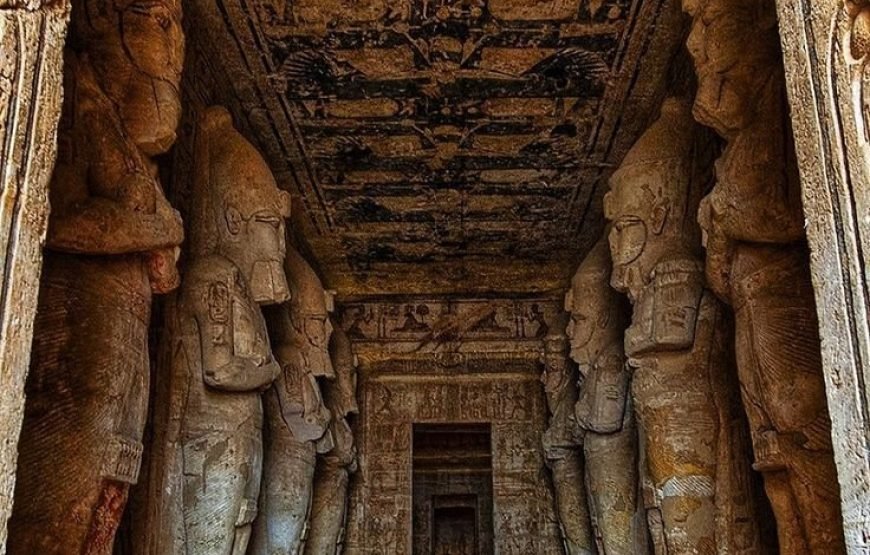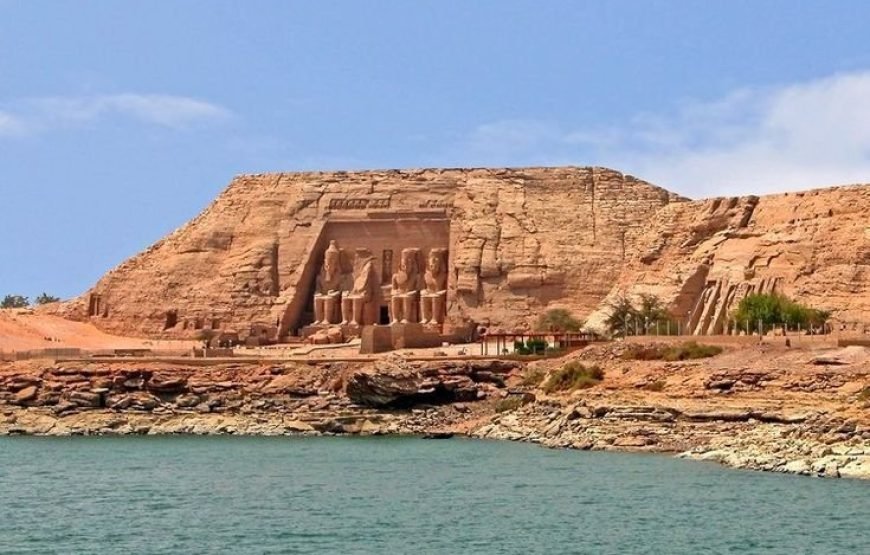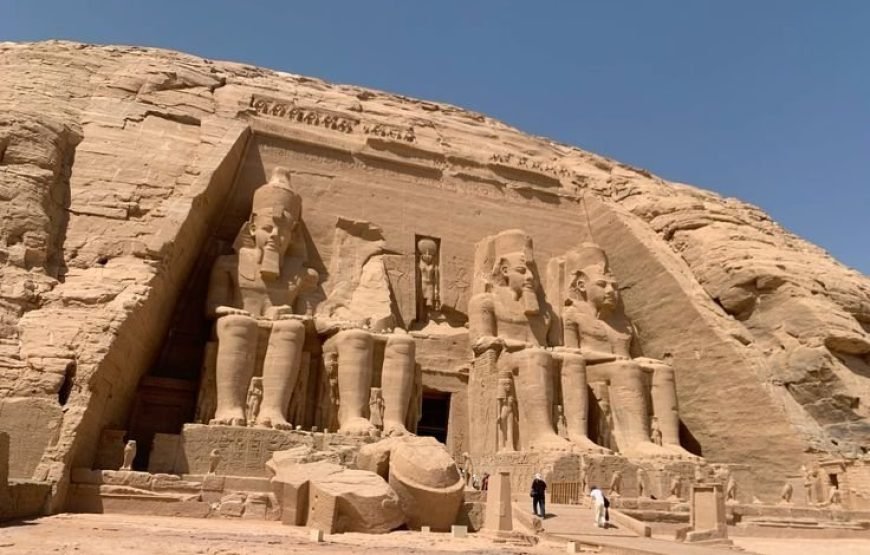from 0 review
2 Days 1 Night
Daily Tour
100 people
English, French, German, Spanish




Explore the magnificent Abu Simbel Temple with our exceptional Abu Simbel Tour From Aswan. Sit back and relax as our modern air-conditioned vehicle picks you up from your hotel in Aswan and brings you back safely after the tour. Enjoy the convenience of having a knowledgeable local guide accompany you at the temple, providing expert insights and historical information. Discover the wonders of this UNESCO World Heritage Site with entry fees already covered. Rejuvenate with a delightful lunch at a local restaurant and stay hydrated with complimentary bottled water throughout the journey. With all service charges and taxes included, this tour ensures a seamless and memorable experience.
——————————————————————————————————————-
Tour details
Type: Private Tour
Pick up & drop off: Aswan
| # | Discount group | From adult | To adult | Value |
|---|---|---|---|---|
| 1 | Price | 2 | 3 | $110,00 |
| 2 | Price | 4 | 10 | $360,00 |
Day 1: pick you up from your aswan airport/hotel/cruise in Aswan and drive to the south of Aswan which is around 3hrs drive to accommodation in a hotel in Abu Simbel by air-conditioned vehicle. Day 2: Pickup from your hotel in Abu Simbel by Emo Tours Tour guide by Private A/C Vehicle to start your tour visit ABU SIMBEL The Great Temple of Abu Simbel, in Nubia near Egypt’s southern border, is among the most awe-inspiring monuments of Egypt. It was cut into the living rock by King Ramesses II (the Great) of the Nineteenth Dynasty, around 1264 BC. The temple is most well known for the four imposing seated colossal statues that dominate its façade. One of these collapsed because of an ancient earthquake, and its fragments can still be seen on the ground. Colossal standing statues of the king line the main hall, leading to the sanctuary where four deities are sat: Amun Ra, Ra Horakhty, Ptah, and a deified version of Ramesses II. The temple was built with such precision that on two days a year, the 22nd of February and 22nd of October, the sun’s rays enter the temple, cross the main hall, and illuminate the innermost statues. Another rock-cut temple to the north, known as the Small Temple, is dedicated to the goddess Hathor and Ramesses II’s Great Royal Wife, Queen Nefertari. On the façade of the Small Temple, her colossi are the same size as those of her husband, a very rare example of such display. The two temples were moved from their original location in 1968 after the Aswan High Dam was built, as it threatened to submerge them. The relocation was completed thanks to an international effort led by UNESCO, and the temple was admitted into its list of World Heritage Sites in 1979. The Great Temple at Abu Simbel, which took about twenty years to build, was completed around year 24 of the reign of Ramesses the Great (which corresponds to 1265 BC). It was dedicated to the gods Amun, Ra-Horakhty, and Ptah, as well as to the deified After tour finished drop off in aswan